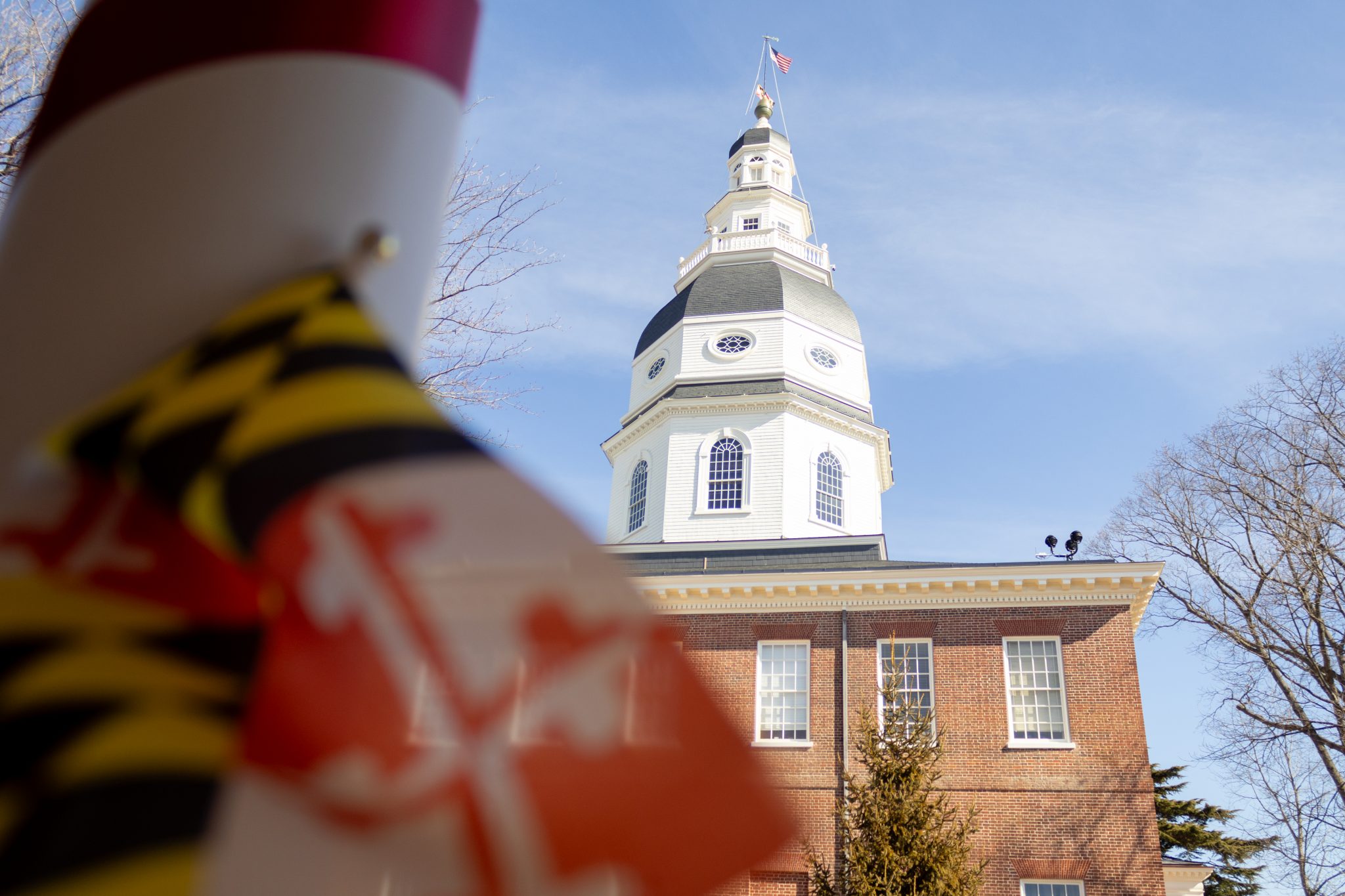After more than two days of heated debate, the Maryland House of Delegates approved a 2026 budget plan Wednesday that would create more than $1 billion in additional tax revenue for the state.
The body passed two bills as part of the proposed $67 billion budget that includes at least $2.3 billion in spending cuts as the state navigates a projected $3 billion deficit. The framework would create two new tax brackets for wealthier residents in the state and new taxes on certain goods, such as a 3 percent sales tax on data and IT services.
The House of Delegates passed the first budget bill 100-39 and the second bill 93-46 on Wednesday after nearly eight hours of debate.
“The bottom line here is that we have two choices before us,” House appropriations committee chair Del. Ben Barnes (D-Anne Arundel and Prince George’s) said during Wednesday’s hearing. “We have a hard choice and an intolerable choice.”
The proposed budget would cut more than $400 million from the state’s savings fund, eliminate more than 200 state government positions and reduce planned funding for the ENOUGH Act, a program to combat child poverty.
The state budget cuts come as President Donald Trump’s administration threatens to reduce federal funding for Medicaid and shrink the federal workforce.
[Maryland expected to lose more than 28,000 federal jobs due to Trump administration]
A Maryland Board of Revenues fiscal panel projected earlier this month that the state would lose $280 million in revenue over the next two years due to federal government funding cuts and federal worker layoffs.
After budget disagreements between the general assembly’s chambers over the past several weeks, Maryland Gov. Wes Moore and other Democratic state lawmakers unveiled a spending framework on March 20 that was designed to guide both chambers to pass a final budget.
“We are asking those of us who have done exceptionally well to pay slightly more, so we can have the best schools in the country, so we can support law enforcement and our firefighters, so we can make sure that we are growing our economy,” Moore said during the announcement March 20.
Both chambers agreed to Moore’s budget framework on March 20, he said in his announcement.
Under his proposed plan, 94 percent of Marylanders would see a decrease or no change in their taxes, Moore and other Democratic leaders said.
But during budget hearings on Tuesday and Wednesday, some Republican lawmakers criticized the proposed tax increases.
Minority Leader Del. Jason Buckel (R-Allegany) said on Tuesday that taxes would increase “across the board” for Marylanders, with each of the new taxes cancelling out the decrease in income tax, which he said would be negligible for those in the middle class.
[UMD community members say proposed USM budget cuts could harm students]
House Republicans proposed more than 20 amendments on Tuesday — all of which the legislature rejected. The proposed amendments would have furthered cuts to government salaries, public education and Medicaid, among others.
Buckel said he wished the state had been more fiscally responsible in recent years so it could have avoided its current deficit.
“You’ve got to start living in the land of truth and facts and so here’s a solution,” Buckel said. “You can make, what we believe, are some rational cuts that enable programs to go forward and when you get the money, then you can spend the money.”
Barnes said the Republicans’ proposed amendments show a “difference in values” between the parties.
“We would rather tax millionaires a little more so that students with disabilities can get the services they need — because we would rather take a little cut to tourism rather than a cut to every kid in this state or families who need Medicaid,” Barnes said.
The budget package will head to the Senate, where it must be passed by March 31 to avoid an extended special session.



